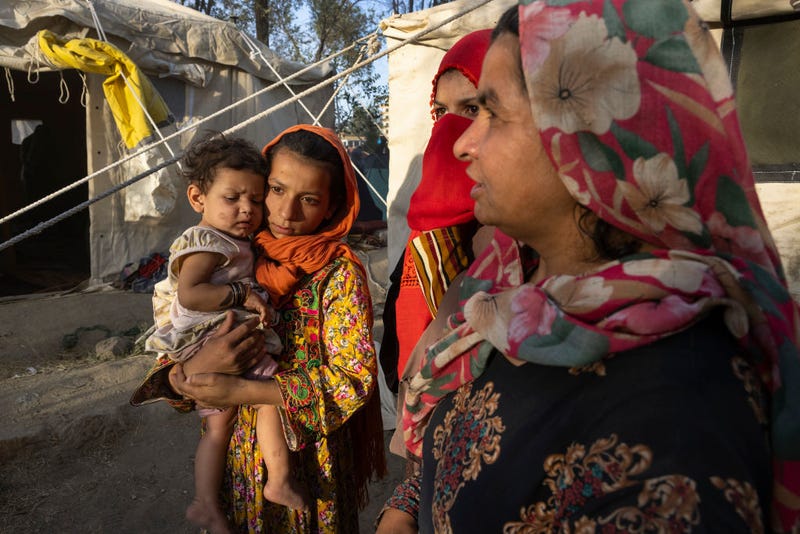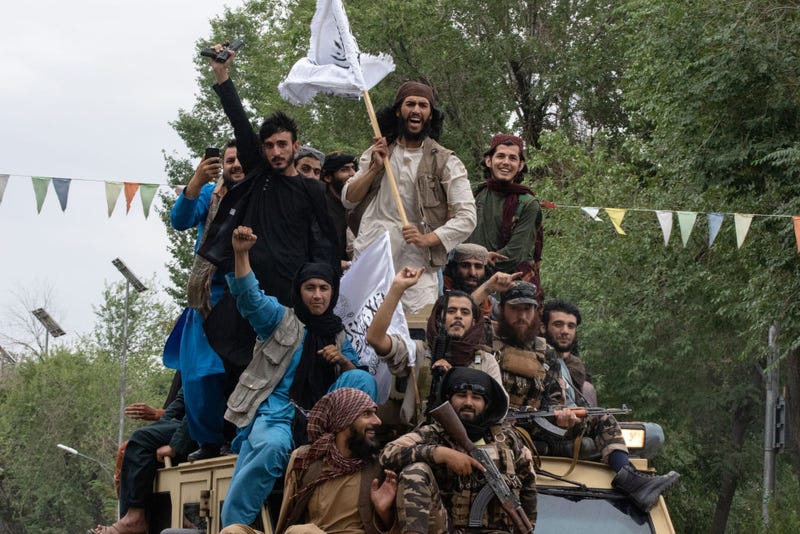
NEW YORK (WCBS 880) — A year after the 20-year war in Afghanistan came to a disastrous end with the Taliban seizing power and thousands attempting to flee, resulting in one of the largest refugee resettlements in American history, many of those who fled are now residing in New Jersey and trying to figure out what to do next.
The withdrawal plan was a product of the Trump Administration. Carrying it out would fall to President Joe Biden and his team.
While there were concerns about what the Taliban might do to exert its power and influence to fill the void, few could have predicted the swift fall of the Afghan government, with the military barely putting up a fight.
In those chaotic last days, and in the weeks and months that followed, the U.S. was able to evacuate some 70,000 Afghans, working to resettle them under a program called "Operation Allies Refuge."
Sohail Kakar came to the U.S. with 10 family members, all adults and all women.
"My whole family members were scared," the 29-year-old said. "We didn't have clothes with [us] because they were not allowing [us] to take clothes, so we only had the [clothes] we were wearing ... and [another] pair of clothes and one pair of shoes. We didn't bring anything for ourselves.
For Kakar and her family, life under the Taliban was not an option. She and her sisters had deep connections to U.S. efforts in Afghanistan. Members of families worked for agencies like the International Rescue Committee, the U.S. Agency for International Development, the UN World Food Programme and even the World Health Organization.

They had to leave, and the U.S. would provide a way to help out.
It took over a month, many days of travel over the rough Afghan countryside. Some nights they went without sleep and some days without food, but the group finally made it out to the nation of Qatar; weeks later, they arrived in Philadelphia.
Today, they are humanitarian parolees, a legal term used to describe their status, which will hopefully lead to a path to citizenship.
Kakar shares her story in this week's In-Depth.


